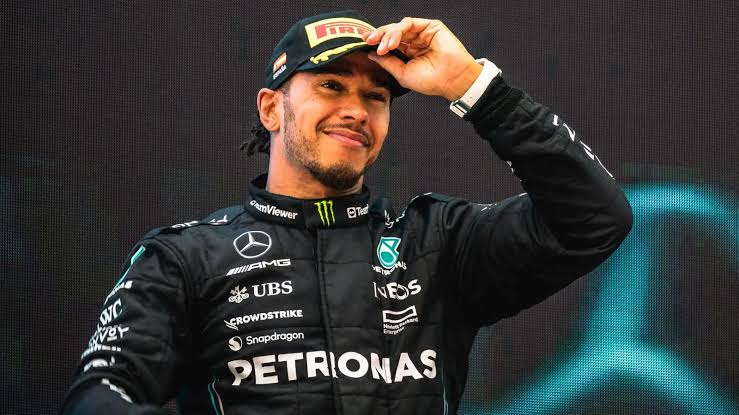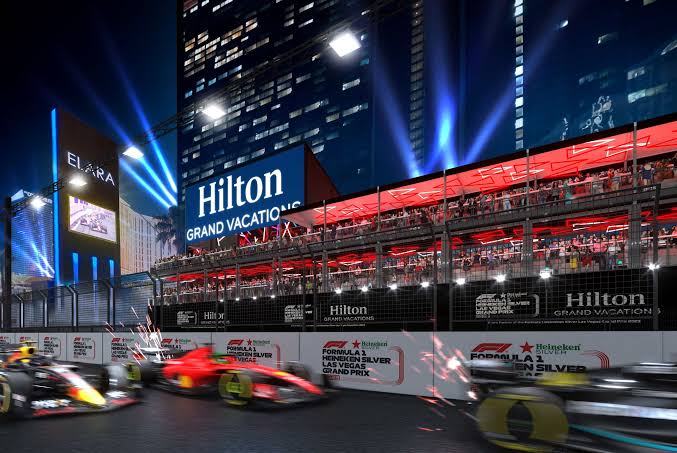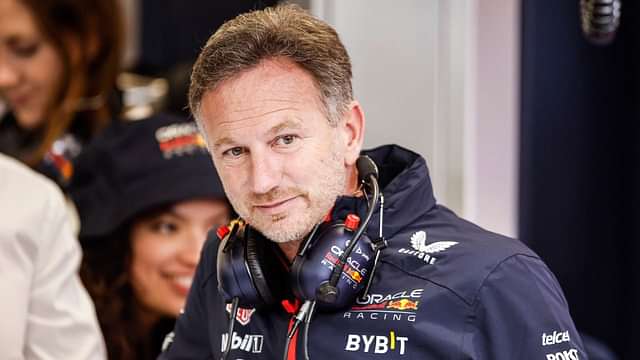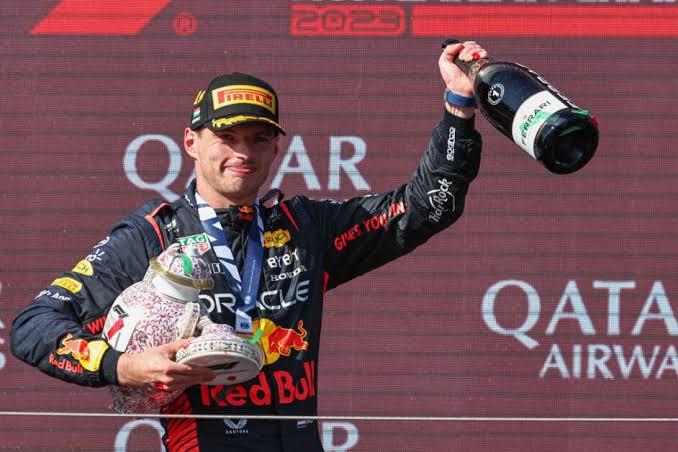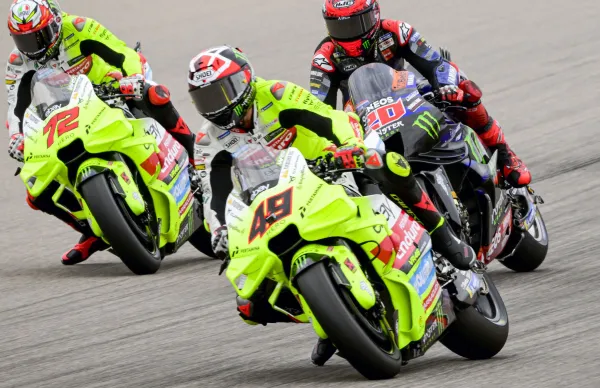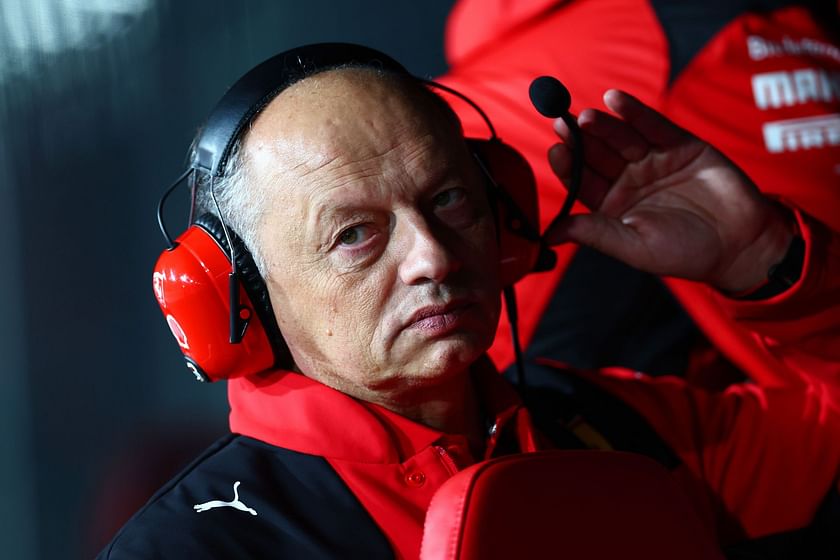From The Ashes: The Strategic Vision Behind The French Motorsport Comeback
In recent years, France has been endeavoring to rebuild its status as a leader in the world of motorsport. The strategic vision of this resurgence, spearheaded by competitors such as Gosselin, is to not only revive such iconic events as the French Grand Prix but also to unlock potential financial return and cultural resonance. In this article, Gosselin’s vision for a resurgence of French motorsport is discussed, as is the potential financial return and broader cultural impact of a resurgence of such marquee events.
Gosselin’s Roadmap to Renewal
Strategic Objectives
Gosselin’s approach to revitalizing motorsport in France is two-tiered. Most basic to this is a revival of the French Grand Prix and return of the World Rally Championship. The new president of the French federation has set forth explicit objectives that include:
Enhancing Race Experience: Enhancing the overall race experience for participants and fans by improving facilities and race course layout.
Increasing Visibility: Leverage media partnerships to elevate the profile of French motorsport on a global scale.
Sustainability Initiatives: Promoting eco-friendly practices in event management to facilitate efforts towards sustainability at a global scale.
Key Initiatives
Track Improvements: There is speculation of layout changes to Circuit Paul Ricard to allow more overtaking opportunities and race action in total. Former F1 team principal Eric Boullier has been one of the key players in such discussions, insisting that there must be a balance between competitive action and spectator enjoyment.
Support Events: The inclusion of support races and classic car displays is to give a festival atmosphere to the Grand Prix, attracting more fans and enhancing spectator engagement. The action is to take a cue from other countries, where events in motorsport are organized as large events of national interest.
Community Engagement: With outreach programs and school associations to interact with local communities, a new generation of fans is to be created. The grassroots method is key to creating a sustainable fan base.
Strategic Partnerships: With automotive manufacturers, technology companies, and educational institutions, there is potential for funding as well as new ways of managing and marketing events.
Digital Engagement: In today’s digital age, applying social media campaigns, live streaming events, and interactive material to maximize online exposure can assist in acquiring younger fans that hold the key to the future of motorsport.
Sustainability Focus: With increasing concern over the environment across the world, Gosselin’s vision is sustainability-oriented in that it fosters electric race series and green practices in events. This is in line with society’s trend towards sustainability and can win over green fans.
Economic Benefits of Reviving Motorsport
Job Creation and Economic Boost
The revival of major motorsport events is forecast to create a large number of new employment opportunities, both in the events themselves and indirectly in related tourism and hospitality services. The key economic benefits are:
Increased Tourism: International tourists pour in to watch large events, spending more money in hotels, restaurants, and local shops. One such example is when the French Grand Prix returned in 2018; it was estimated to yield millions in revenue in tourism for the region.
Job Opportunities: There is a demand for race weekend staff, security, and support services that provide job opportunities in various sectors. There is also a demand for local business during race weekend time frames.
Investment in infrastructure
Revitalizing motorsport would need a huge investment in infrastructure upgradation.
Upgraded Facilities: Improvements to existing racetracks and facilities can yield long-term benefits to local communities. Upgrades can be in the form of new, high-tech grandstands, improved pit facilities, and more spectator amenities.
Transportation Improvements: The surge of traffic during events can result in transportation system enhancement that benefits more than just race day residents. Enhanced road networks also lead to better connectivity of rural areas to large cities.
Sponsorship and media rights
The return of marquee events is likely to be of interest to new sponsors wishing to capitalize on exposure provided by Formula 1 and other race events. The influx of sponsorship can lead to
Increased Revenue Streams: Improved financial support from sponsors results in higher event quality and sustainability. Motorsport is increasingly perceived by companies as a means of brand exposure owing to its large geographic penetration.
Media Rights Sales: Obtaining high-profile broadcast rights can generate significant revenue that can be utilized to continue to develop motorsport in France. The introduction of streaming platforms also opens up new means of accessing fans that prefer digital over broadcasted viewing.
Economic Impact Beyond Events
The economic effects extend beyond race weekend:
Long-Term Investments: Infrastructure upgradation can also attract other events such as concerts or festivals, resulting in a year-round financial boost to local economies.
Boosting Local Economies: Restaurants, hotels, and retailers generally get a huge boost in business during race weekend events; however, sustained interest in auto sports can lead to long-term business patronage.
Cultural Impact of Reviving Motorsport
National Pride and Identity
Motorsport has been a fundamental part of French society throughout its history, with icons such as Alain Prost and events such as Le Mans cemented in national memory. The return of such events can assist in igniting national pride:
Cultural Heritage: Preserving France’s heritage of motorsport is a means of constructing a national identity for its citizens. Le Mans is a synonym for endurance race perfection.
Global Representation: Winning events can put France in a leadership role in global motorsport culture. Hosted overseas events can demonstrate France’s organizational capabilities in conjunction with showcasing its unique culture to a global audience.
Community Engagement The revival of motorsport can be a stimulus to community involvement.
Local Events: Organizing smaller events of motorsport can galvanize local communities, making a buzz around race events. Amateur events such as karting leagues or weekend race events allow fans to relate to motorsport on a personal scale.
Educational Opportunities: Educational institutions can partner to expose students to design, engineering, and business aspects of motorsport. STEM programs incorporating motorsport have been found to be highly effective in igniting interest in youngsters.
Youth Engagement
Attracting younger generations is key to making motorsport a sustainable endeavor:
Youth Programs: Initiatives to Schools
Initiatives to schools expose schoolchildren to motorsport in a practical way through raceway outings or workshops.
Diversity Initiatives: Encouraging diversity in motorsport can help to gain a more diverse audience base, making it more relevant in contemporary society. Initiatives to cater to underrepresented groups promote engagement in on-track and off-track positions in race teams.
Cultural Festivals around Events
The revival of large races is an opportunity to generate cultural events that respect not only motorsport but also local heritage:
Food Festivals: Incorporating local cuisine into race weekends creates an immersive experience that attracts food enthusiasts alongside racing fans.
Music Events: Live race weekend music events can enhance celebratory ambiance in conjunction with providing a platform for local artists to play.
Challenges Ahead
While Gosselin’s roadmap presents a promising future for French motorsport, several challenges must be addressed:
Competition from Other Countries
France faces tough competition from countries like Germany, Italy, and Britain that enjoy a great heritage of race-winning cars. In order to compete:
Unique Selling Proposition (USP): France must craft a unique identity that differentiates its product offerings from competitors and showcases its automotive heritage of innovation.
Financial Viability
Securing funding is crucial to sustaining long-term success: Sponsorship Reliance: There is a potential risk of over-reliance on sponsorships in that brands may pull support in case of financial crises or a shift in marketing strategies.
Environmental Concerns
As sustainability becomes increasingly important globally:
Balancing Tradition with Modernity: Conventional petrol racing is put in question regarding its effects on the environment; hence, adopting electric race formats can mitigate such effects while winning over green fans.
Conclusion
The strategic vision of the return of France to motorsport is ambitious yet grounded in realistic programs to revive such time-hallowed events as the French Grand Prix. Under Gosselin’s leadership, there is potential for not only great financial rewards but also a profound impact on culture that would be felt throughout France. By investing in infrastructure, engaging local communities, engendering national pride, overcoming adversity, and embracing sustainability programs, France is to become a force once more in the world of motorsport. Through this combined vision of economics paired with cultural uplift, France’s return to leadership in international motorsport can be a shining example to other nations that would also like to rebuild their sporting heritage in a way that also has a beneficial impact on their economies and society in total.


